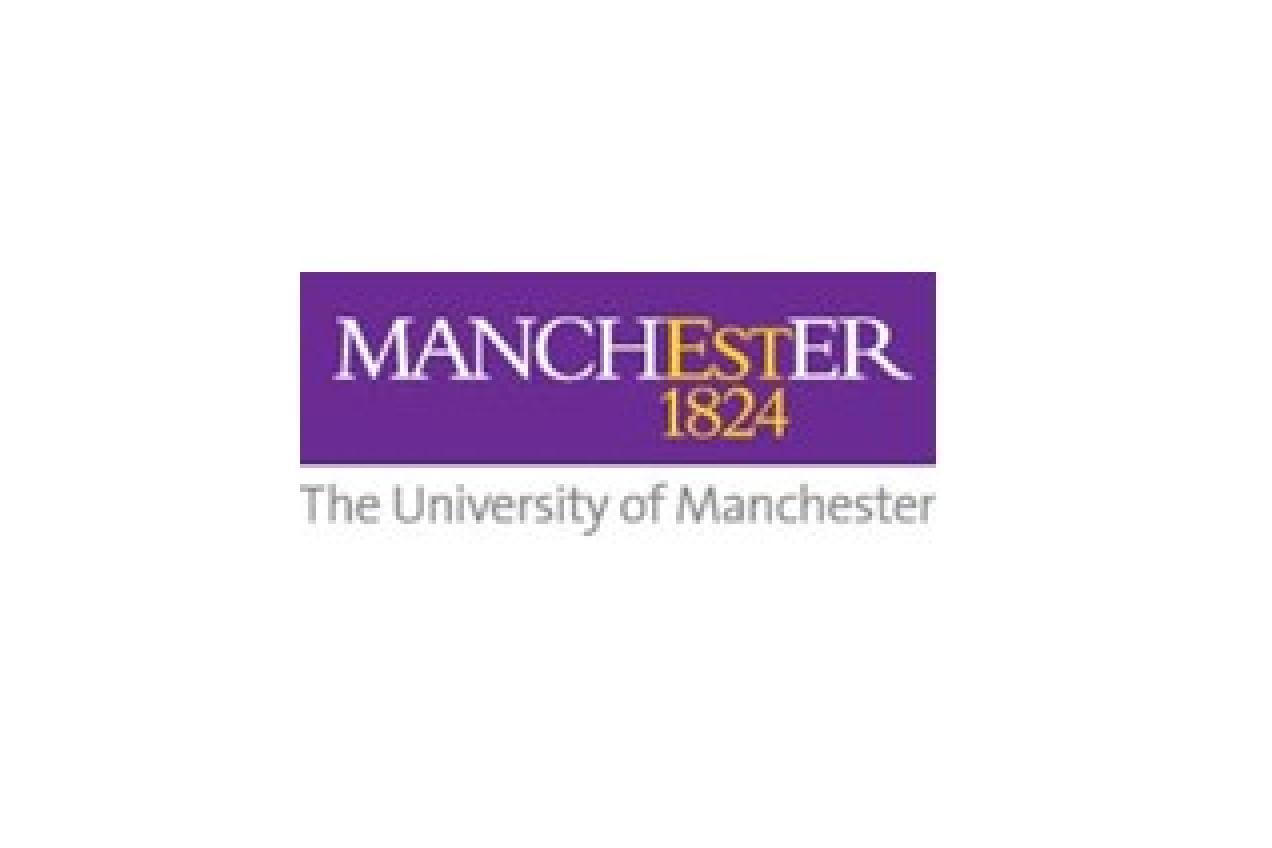P18 - University of Manchester (UoM) | United Kingdom
Key contact persons: Prof. Philipp Frankel, Prof. Michael Preuss

The University of Manchester, UoM, is a large research University, established in 1824. The University is the largest single-site University in the UK, with the biggest student community. In total, 25 Nobel Prize winners have worked or studied at The University of Manchester. 83% of research was ranked as 'world-leading' or 'internationally excellent' by the Research Excellence Framework in 2014. The School of Materials (http://www.materials.manchester.ac.uk) is internationally leading, employing over 60 academic staff, spanning 10 research areas, and hosting two industry-sponsored research centres. There are over 200 postgraduate research students and 60 postdoctoral researchers from a wide range of science and engineering backgrounds. The School of Materials has the highest research power level of any University materials-related activity in the UK (RAE 2008), with 80% of research rated as being internationally excellent or world-leading in quality. Research areas include Engineering and Process Metallurgy, Polymers and Composites, Ceramics and Inorganics, Biomaterials, Textiles, and Corrosion and Protection. Much of the School’s research is industry-driven, finding direct application in meeting the needs of industrial partners and other stakeholders.
UoM's Dalton Cumbrian Facility, DCF (http://www.dalton.manchester.ac.uk/research/dcf), is a world-leading capability for radiation science. The facility currently houses (i) state-of-the-art irradiation capabilities, including a 5 MV tandem ion accelerator, a 2.5 MV single-ended light ion accelerator and a custom-designed self-contained Cobalt-60 gamma irradiator, and (ii) dedicated analytical chemistry, materials preparation (including an SPS) and materials investigation (including PAS) laboratories. Capabilities under commission include the world’s highest energy dual ion beam irradiation capability, as well as unique end-stations, such as a high–temperature, high-pressure autoclave for in situ studies of corrosion under irradiation, and a hot cell handling capability allowing high-dose radiation damage studies. DCF is an integral part of the UK’s National Nuclear User Facility.
The research group will bring to IL TROVATORE their combined expertise in heavy ion/proton irradiation, investigation of interfacial strength of coated systems, and irradiation-induced damage characterisation by various techniques (WP4 & WP6).
